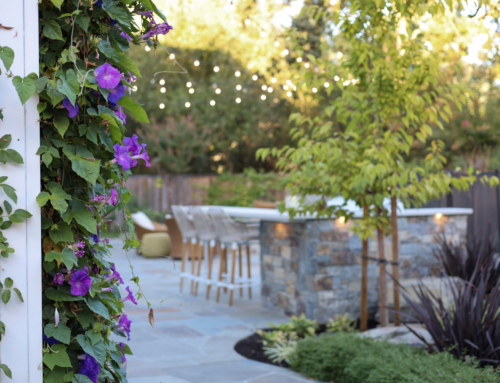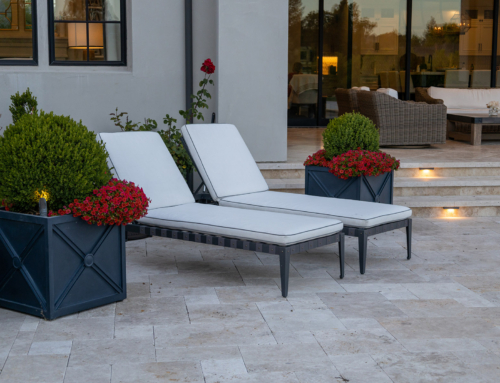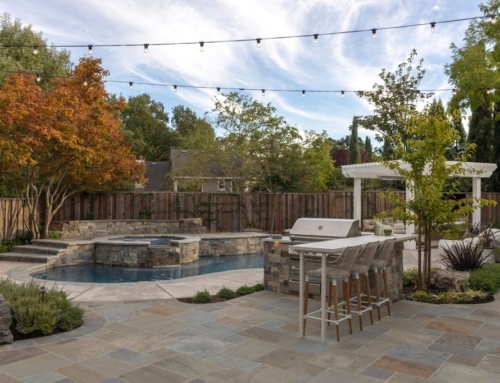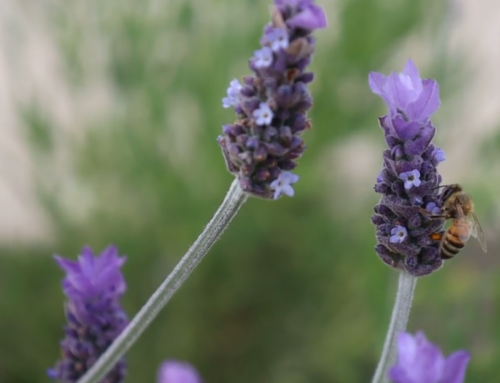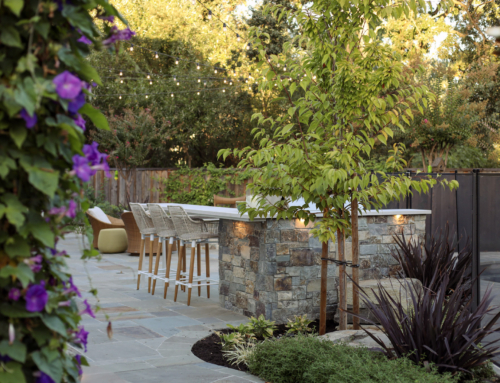Planting Inspiration – Remembering Beth Chatto

The Beth Chatto Gardens, Essex, England
We are passionate about plants – the living element to great landscapes. When we design planted landscapes, we follow in the footsteps of countless gardeners who understood that the principles inherent in nature could be used to create exquisite works of art. One of the greatest inspirations in the planting design world, British horticulturist and writer Beth Chatto, passed away this May. She leaves behind a legacy of artistic and horticultural genius, embodied in her writings and her public gardens in Essex, England.
Beth in her garden, from The Guardian obituary by fellow gardener Penelope Hobhouse
When she began her garden in the 1970’s, Beth had no formal horticultural education, but her love of gardens gave her ambition and her natural aesthetic sense quickly led her to push the boundaries of style and plant variety in her exquisite plantings. With ideas far ahead of her time, Beth’s writing often waxes poetic, showing her appreciation for the landscape as a work of art:
“We may have a wider approach to garden design if we have been helped to appreciate other forms of art: to be aware of basic principles – balance, repetition, harmony and simplicity – (these ideas have) certainly influenced me as much as knowing whether to put a plant in the shade, or in full sun.” – Beth Chatto
Beth emphasized above all the importance of growing the right plant in the right place, and she loved to create unusual combinations in a variety of challenging sites. Her gardening guides cover a broad range of site conditions, recommending plants based on year-round performance and design potential. We take inspiration from her unique plant combinations that layer colors and textures in the landscape, and her commitment ecological sustainability.

A planted border at Beth Chatto’s Garden, Elmstead Market, Essex.
Here in the California Bay Area, plants from Mediterranean climates are often the best performers. Beth was one of the first to recognize the potential inherent in these plants and to use them with great aesthetic success. Her first book, The Dry Garden, was published in 1978 and is still one of the most influential guides to drought-tolerant gardening today.

Original publication of The Dry Garden, 1978
There are infinite styles one can achieve with Mediterranean plants, many which can be substituted for water-hungry East Coast or Asian plants more traditionally used in the landscape. When we design our gardens, these hardy plants offer invaluable structure and durability, and can complement more traditional plantings for an elegant look with a lower water bill.
Euphorbia, a low-water Mediterranean native, combines with traditional plantings in this garden by Roger Platts
If you are looking to replant part of your landscape this year, consider taking a leaf out of Beth’s book – observing the conditions of your site, whether dry and exposed or deeply shaded, and finding successful new plant combinations. In choosing plants, look for harmonious relationships between color, structure, and form. For inspiration, we recommend Beth’s illustrated guides, as well as the classic Sunset Western Garden book.
A dreamy dry-garden planting of lavender, lantana and ornamental grasses by Montgomery Robbins
To learn more about Beth’s life and legacy, view the garden website at www.bethchatto.co.uk
Take a virtual tour of the Beth Chatto Gardens below:




